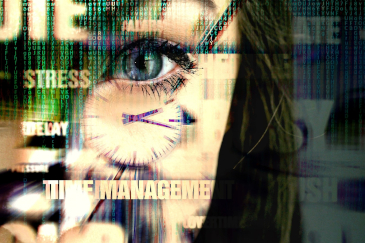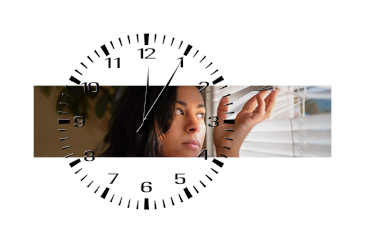Be honest – are you one of those people who puts things off? It’s ok – we all do it. It’s human nature. “Why do something today when you can do it tomorrow,” or so the saying goes. But procrastination (to give it it’s “proper” name) can cost us more than we can imagine.
Why do we procrastinate? In general, we procrastinate because the task we are putting off is unpleasant in some way. Either we don’t like doing it (like making that phone call…), or there is some physical discomfort (like going to the dentist). The task may even be boring and monotonous, or just plain difficult. Its about avoiding some sort of stress, be it fear, anxiety, low self-confidence and the like.
But the effects of procrastination, the costs, can run deeper than just not doing the task. Other problems it may cause are:
Being branded as lazy: When people notice that you haven’t completed particular tasks, you can be branded as a lazy person. Not only can this affect your job or personal life (promotions and the like), but it may mean the tasks you really want to do are offered to someone else who is considered more reliable!
Creates clutter: Many unfinished tasks can leave a lot of clutter around – books, papers or other items that are needed to perform the job.
Bad for morale: There is nothing worse than knowing you have a job you need to do, and knowing at the end of the day that the job wasn’t done. It can make you feel down, and even preoccupy your mind while you’re trying to concentrate on other things.
You have no leeway: When you put something off, jobs accumulate. This means if an urgent task suddenly comes in, you have no leeway to drop everything and work on it – there are too many other outstanding things that need doing.
The task becomes more unpleasant: The job itself may not change by putting it off, but the feeling in our mind of how unpleasant we think the job will be grows. We think about how we have to explain not doing the job to other people, and the whole situation feeds on itself and becomes ugly.
Now to be fair, sometimes procrastinating isn’t a conscious action. Particular jobs just never seem to get done, even though you never consciously decided not to do them. But at other times you do make the decision not to do the job at the moment, and just put it off.
But you can save yourself a lot of mental clutter, and perhaps even more discomfort later on, if you just adopt a “do it now” attitude. Decide that you’re just going to get the job out of the way when it comes it, no matter how uncomfortable it may be. By doing the job straight away, often you will realize that the discomfort you associated with the task was simply your mind feeding on itself as you were putting it off. And the sense of relief you get from finishing the task is well worth it.
So, now you know about procrastination you have to ask yourself the question – “what am I going to do about it?” Hopefully you will decide to banish procrastination from your life, and reap the rewards of that decision!

